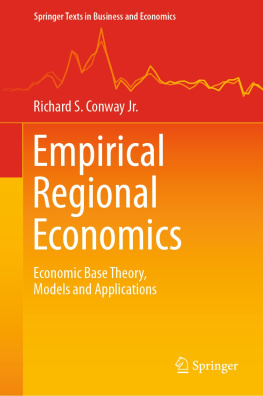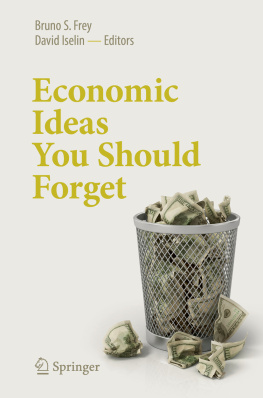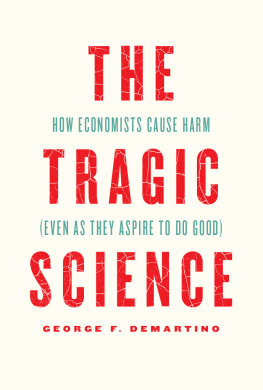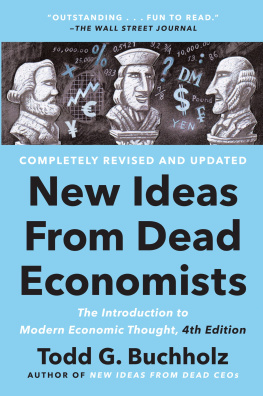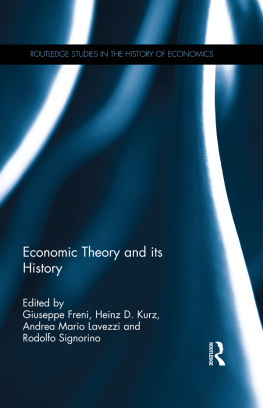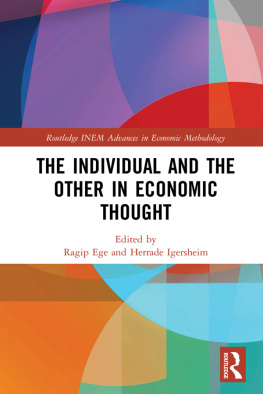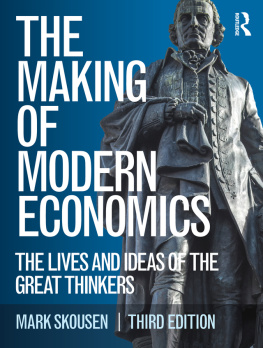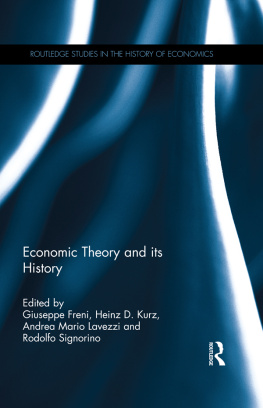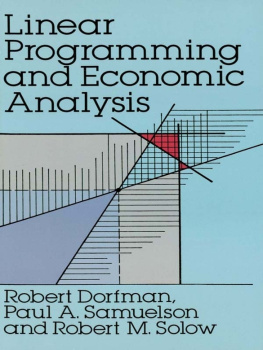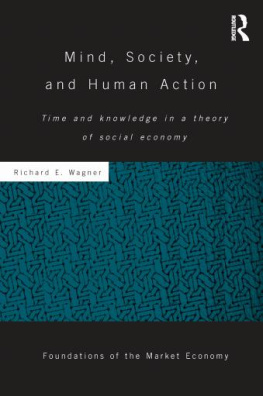Bookkeeping with my father
I sat that evening in the back of the auditorium where the first Senate session of the academic year was being held. The table on the stage was draped with a green tablecloth that reached the floor. Seated at the table were the patricians of the university, which is situated north of an almost dry riverbed. A microphone was connected to scratchy loudspeakers. The national flag and the university flag drooped side by side in their stands.
The meeting opened with a string quartet whose young members had been asked to perform a classical piece to reflect the aesthetic taste of the Senate members, devotees of culture at a prestigious university. The rector then welcomed the participants, wishing them a year of fruitful research, a year of striving for excellence, and a year of peace. He noted a number of new programs at the university, all of which express our pursuit of excellence. He went on to list the promotions, prizes and honors that members of the Senate had received during the summer months. Each honoree, when his name was mentioned, stood and made a slight bow, to the bored applause of a few of the more enthusiastic members of the Senate.
The Senate then discussed the appointment of members of a committee set up to examine ways of promoting excellence at the university. One by one, the candidates were introduced and their unique qualities cited. There was an occasional burst of erudite chuckling in the auditorium when one of the presenters strayed from his written recitation and inserted a witty remark in the chronicle of the candidates meritorious deeds. The restraint disappeared when it came to female candidates. The first to leave the meeting had already begun to sneak out. And since to reach the exit they had to cross in front of the stage, they had no choice but to render an apologetic nod toward the self-satisfied rector.
Until that evening, I had never spoken before the Senate. During the meetings, I actually thought that I had a lot to say. I sometimes felt compelled to jot down an outline of profound, daring and provocative points I would raise in response to the outrageous statements, full of pathos, being voiced there. I would write these things on the back of an ATM receipt I found in my wallet, in handwriting that even I had trouble deciphering. But at the end of the meeting, I would toss the note in the trashcan outside the auditorium. And if for some reason the note remained in my pocket and I found it the next day, I would praise myself for being smart enough to refrain from publicly expressing the ridiculous things I had wanted so much to say just the day before.
The next item on the agenda was not supposed to dampen the festive atmosphere of the opening session. The administration proposed upgrading the program of studies in accounting to a status previously reserved only for main academic fields, and allowing the best students to receive a bachelors degree after studying only accounting. The head of the accounting department extolled the virtues of the new program, his description easily covering a whole page, embellished by numerous tributes to excellence: the excellence of the lecturers, the excellence of the students past, present, and particularly, future. The rector thanked the speaker for his fascinating remarks, and almost routinely began to take a formal vote when, from the back of the auditorium, I raised my hand and asked for permission to speak.
I approached the podium, with the pages of the speech I planned to deliver in my hand three documents pertaining to the program and another small page, hiding between the folded pages. It was a photocopy of the diploma from a bookkeeping course offered at one of the evening classes of the Daughters of Zion in Bialystock. I had found the diploma in my fathers forbidden drawer, under the compartment of the starched sheets and above the compartment of the embroidered tablecloths, along with his immigration certificate, his officer ranks from the Civil Defense unit, and a booklet of unused coupons for water rations from 1948.
My father was 21 when he received his only professional degree, bookkeeper. Four years earlier, he had immigrated to Palestine, but due to circumstances he was never willing to discuss, he returned to his parents home in Poland. In the photograph in the diploma, my father appears in a suit and tie, looking straight at the camera, a handsome young man, shy, yet proud. The left half of the diploma is in Polish, the right half in Hebrew:

My father had a strong, confident voice, masculine, but soothing. When, rarely, he would raise his voice, it would frighten those around him. At home, everything was conducted according to his wishes. At one time he must have been a real ladies man. One of my aunts was secretly in love with him and, while I was growing up, sealed brown envelopes would still arrive at our house from a female admirer, a Dr. H. D., who apparently felt lost without him. During elections, he was the chairman of a polling station committee as the representative of the Mapai (the ruling party in Israel until 1977). On Memorial Day for Israels fallen soldiers, for a few minutes he was part of the guard of honor made up of veterans of the Haganah (the pre-State paramilitary defense organization), which President Ben Zvi reviewed before the siren was sounded at ten oclock. I was proud of my father, but also a bit embarrassed that he was not one of the fathers capable of standing stiffly at attention for a complete hour, next to the memorial flame.
With the establishment of the state, the word buchalteria was Hebraized to hanhalat heshbonot (bookkeeping), and my father became a government clerk. In time, he advanced, and almost made it to senior official. He was once photographed with the Minister of Transport at a ceremony inaugurating an airfield at the Dead Sea. On another occasion his name was cited in a news item in one of the daily newspapers. The article, which was cut out and kept in the bottom of the forbidden drawer, reported that one of the employees in his office had attacked him, and had been arrested and released on bail. No other details were provided.


